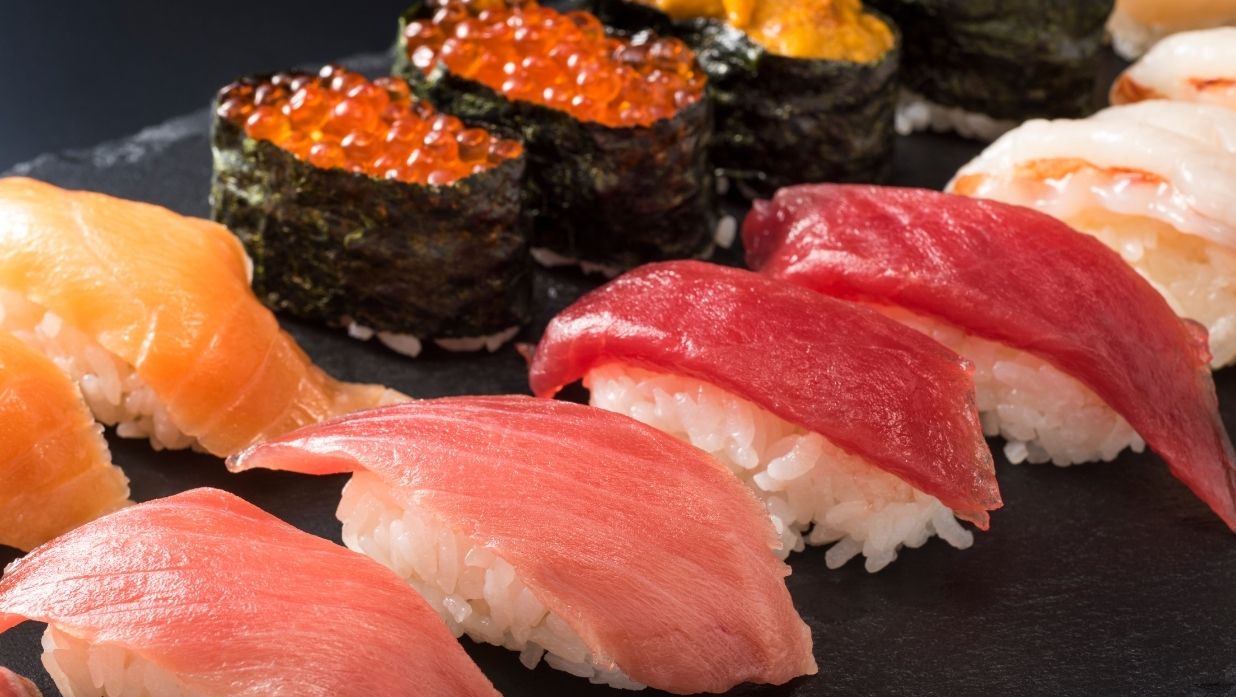Home / Japanese Words / Page 13
When you are learning a foreign language, studying slang is a nice and fun way to widen your vocabulary. Not only will you speak more fluently but you will also sound more like a native speaker and surprise your Japanese friends! It also provides an insight into the Japanese culture. Let’s learn the expression “mazakon”. […]
If you are interested in the Japanese marketing culture, you might have come across the expression “arasaa market”. As one can guess, arasaa is not originally a Japanese word, but a Japanese – English made expression, short for “araundo sati”, the Japanese pronunciation of “around thirty”. “Arasaa market” refers to the market of around 30 years old people. The […]
Finally, you are living the dream here in Tokyo! Do you enjoy discovering Japanese culture and traditional food? Any difficulty shopping in Japanese? If so, we are here to help you! But first, let us give you an overview on Japanese size. Firstly, Japanese body structure is quite different from foreigners. Even skinny foreigners have […]
When you are learning a foreign language, studying slangs is a nice and fun way to widen your vocabulary. Not only will you speak more fluently but you will sound more like a native speaker. Moreover, slang gives you an interesting point of view on society. Let’s learn more about the expression “moto kare“【元カレ】 and “moto […]
Sushi: A Food for the Soul What makes Sushi so Special? Taking a look at the Japanese word “なら (Nara)” Sushi: A Food for the Soul Sushi is known to be a soul food for any average Japanese out there. At the same time, you could also say that it is the most famous […]

When you are learning a foreign language, studying slangs is a nice and fun way to widen your vocabulary. Not only will you speak more fluently but you will also sound more like a native speaker and surprise your Japanese friends! It also provides an insight into the Japanese culture. Let’s learn the expression “tame”. […]
What’s ダメもと (Damemoto)? Conversational Uses… When you are learning a foreign language, studying slangs is a nice and fun way to widen your vocabulary. Not only will you speak more fluently but you will sound more like a native speaker. Moreover, slang gives you an interesting point of view on society. Let’s learn more about the […]
What is ガチ/”Gachi”? Using Japanese Slang When you are learning a foreign language, studying slang is an easy and fun way to deepen your vocabulary. Not only will you speak more fluently but you will sound more like a native speaker. Moreover, slang gives you an interesting point of view on society. Let’s learn more about Japanese slang with the word […]
